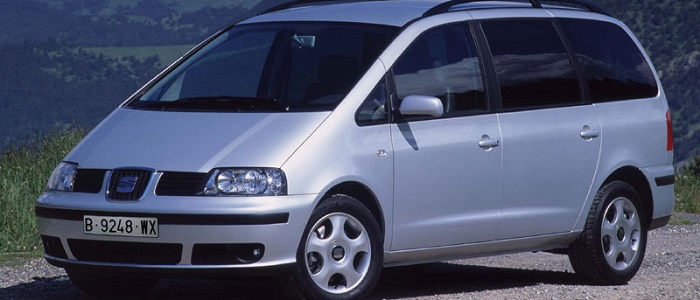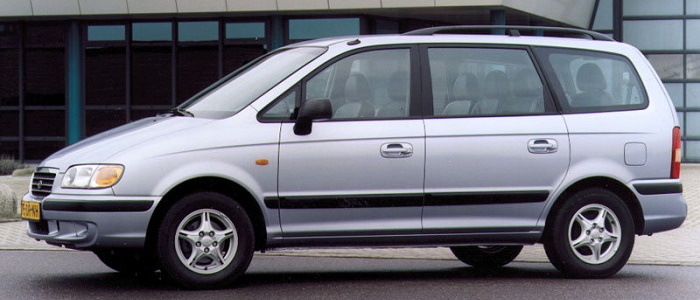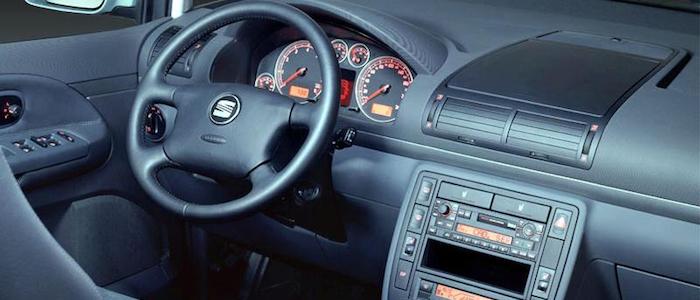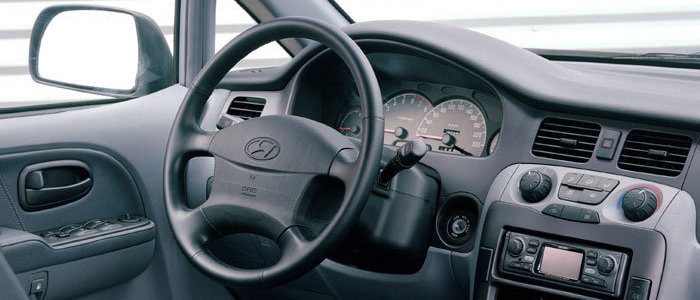Compare two cars
Compare any two cars and get our Virtual Adviser™ opinion
Dimensons & Outlines
Check a car with 30% off a report
Engine
Performance (manual gearbox)
Performance (automatic gearbox)
Expenses
Virtual Adviser's™ opinion
Two significantly similar cars, no doubt about that. Still, each one has something different to offer. Having both cars powered by diesel engines and utilizing the 5-door MPV body style within the same 'MPV' segment, the only major difference here really is their wheel drive configuration (4 x 4 for the Seat and front in the case of the Hyundai). The first one has a Volkswagen-engineered powertrain under the hood, a 4-cylinder, 8-valves 115hp unit, while the other one gets its power and torque from a 4-cylinder, 16-valves 111hp engine designed by VM Motori.
SafetyThe fact that the Hyundai got tested by the European New Car Assessment Programme (Euro NCAP), while the other contender didn't, isn't really an advantage, taken the poor 3-star rating it received. That aside, let's consider some other aspects which affect safety. Both vehicles belong to the mpv segment, which is generally a good thing safety-wise, still it doesn't help us solve our dilemma, does it? On the other hand, when it comes to weight, a factor that most people underestimate, the Korean car offers a marginal difference of 6% more metal.
ReliabilityReliability is not the best thing to consider on the make level, but it is worth mentioning that Hyundai does have a slight advantage, at least on all of the models level. These are the results of an independent reasearch, while our visitors describe reliability of Seat, as well as Hyundai, with the same average rating of 4.5 out of 5. The same official information place Alhambra as average reliability-wise, and Trajet is more or less at the same level.That apart, owners of different cars powered by the same engine as the Spanish car rank it on average as 4.1, while the one under the competitor's bonnet gets 4.9 out of 5.
Performance & Fuel economyHyundai is a bit more agile, reaching 100km/h in 0.5 seconds less than its competitor. Still, it lacks the power to win the top speed competition, topping at 170 kilometers per hour, 8km/h less than the other car. When it comes to fuel economy things look pretty much the same for both cars, averaging around 7.2 liters of fuel per 100 kilometers (40 mpg), in combined cycle.
Verdict
Hyundai appears just a bit more reliable, although the difference is truly marginal. The most important thing when deciding between any two vehicles should always be safety, both passive and active. In my opinion, everything taken into account, the Korean car offers much better overall protection, which launches it ahead of the other contender. When it comes to performance, both vehicles provide similar experience, so I wouldn't point any of them out. the Spanish car still consumps less fuel, which needs to be taken into consideration. It's really tough to make a final decision here, but if I'd need to, I'd say Hyundai. In any case that's my personal view, built upon all the data available to me. What should decide here though is the way you feel about the two vehicles, and I hope you'll find my guidelines useful in the process. Also, you could use the oportunity to find out which car, everything taken into account, would be the perfect choice for you in the eyes of the virtual adviser™, among thousands of similar, yet so different vehicles.




































